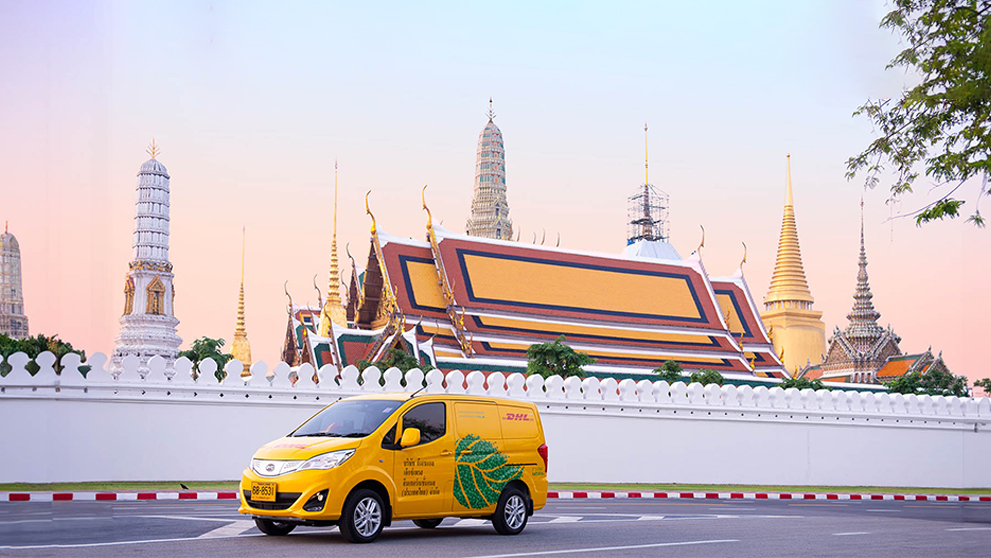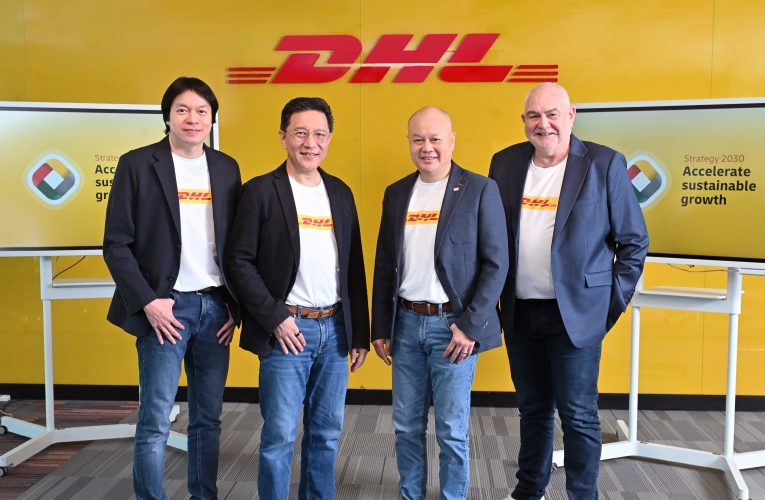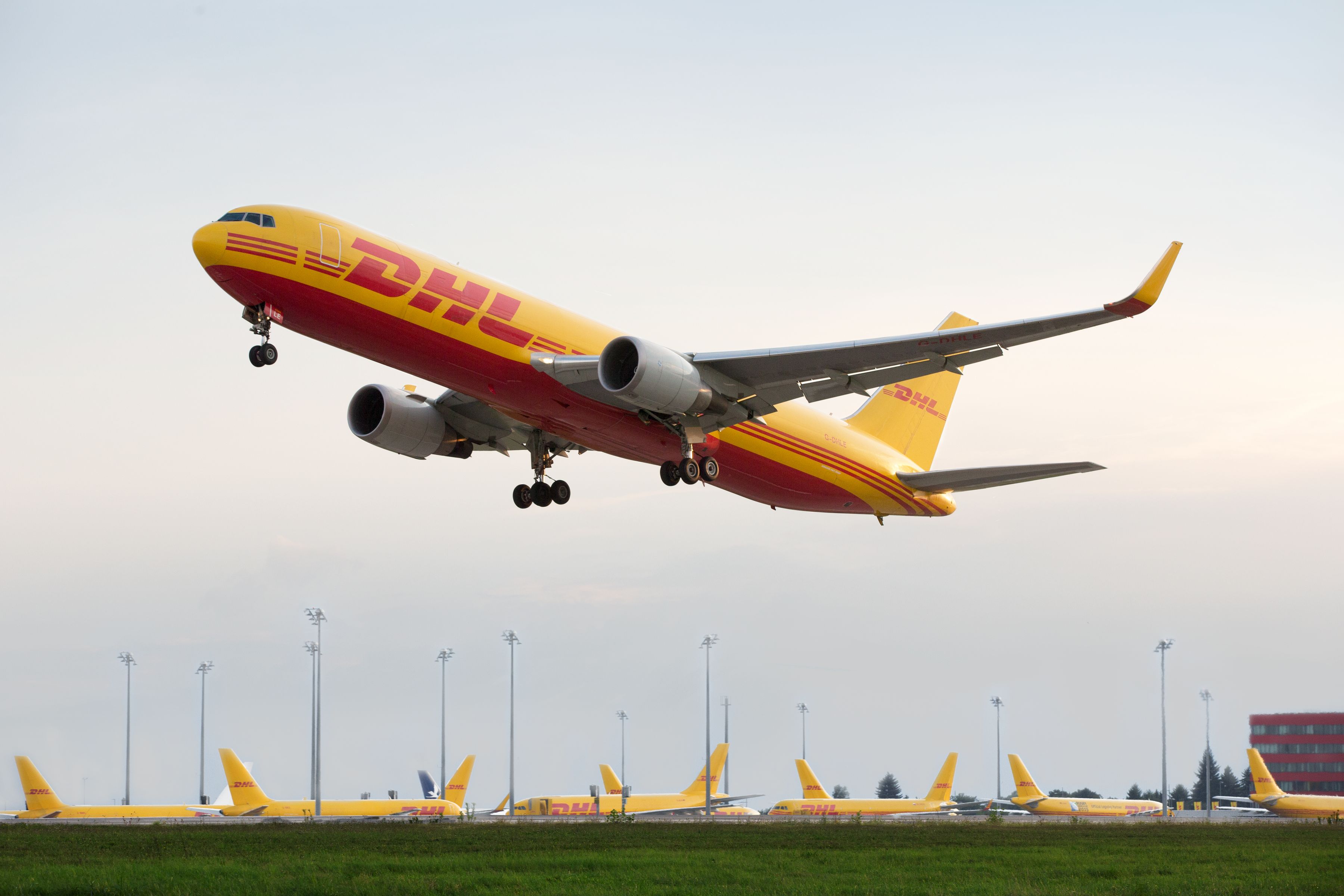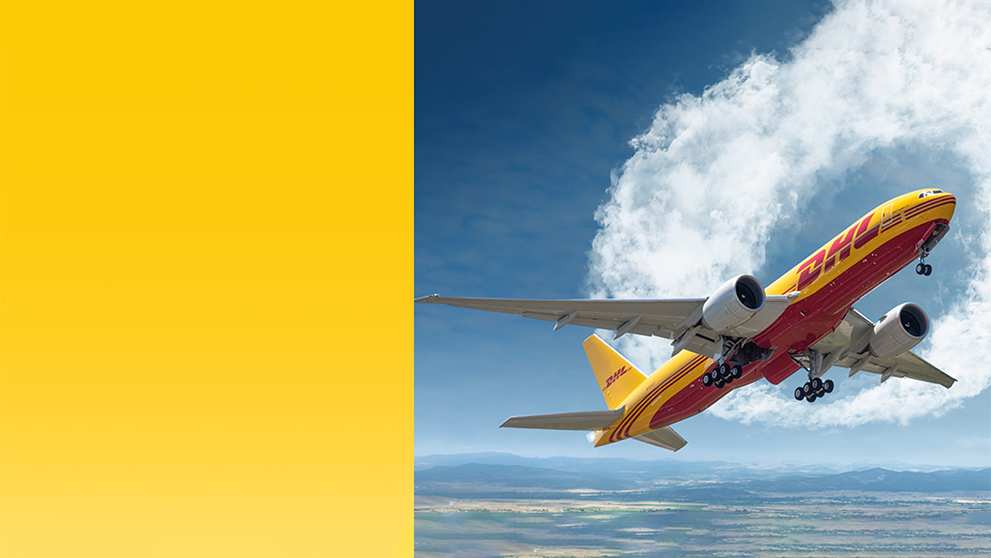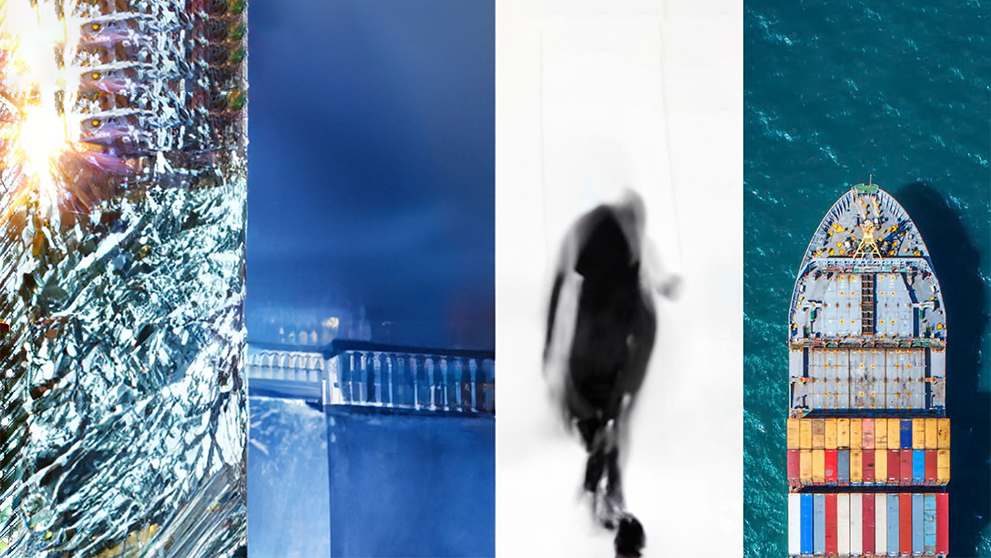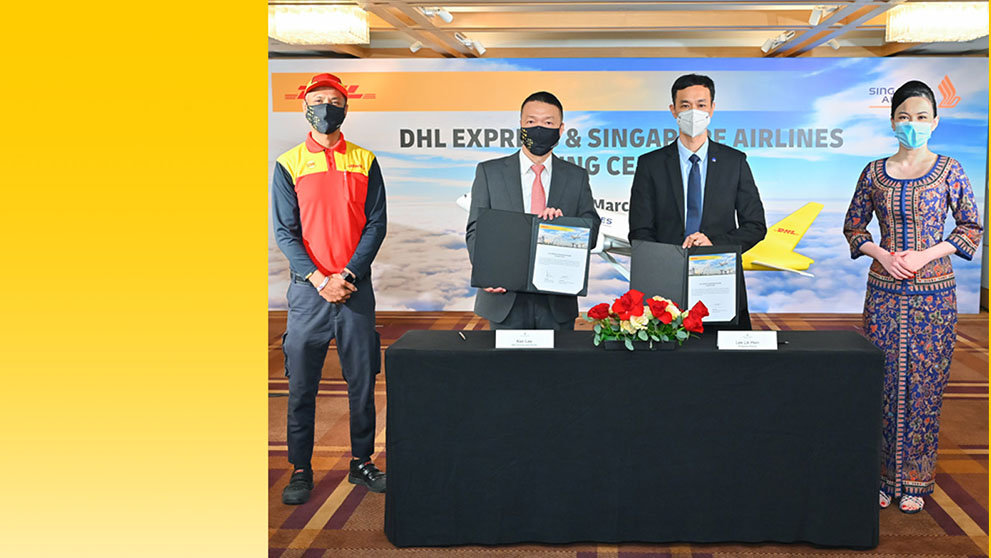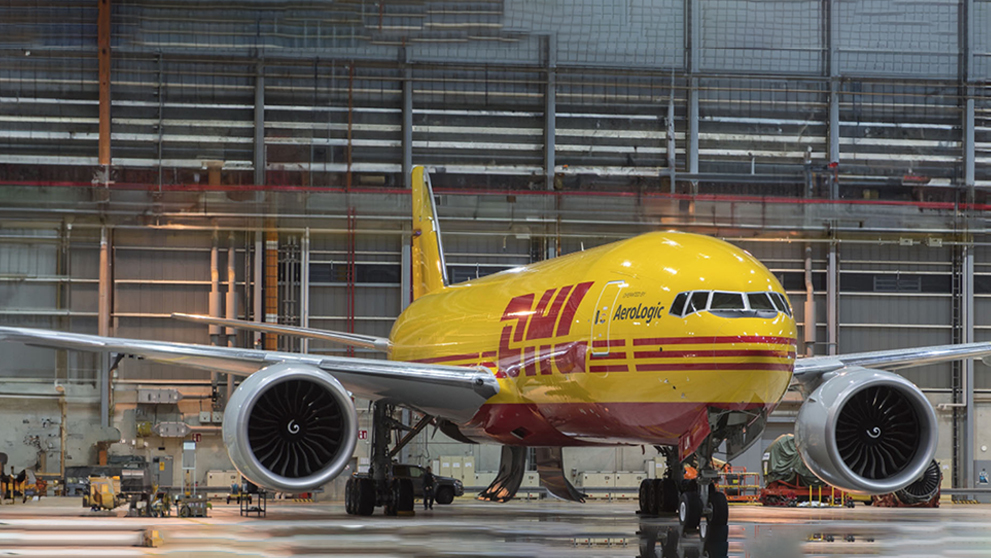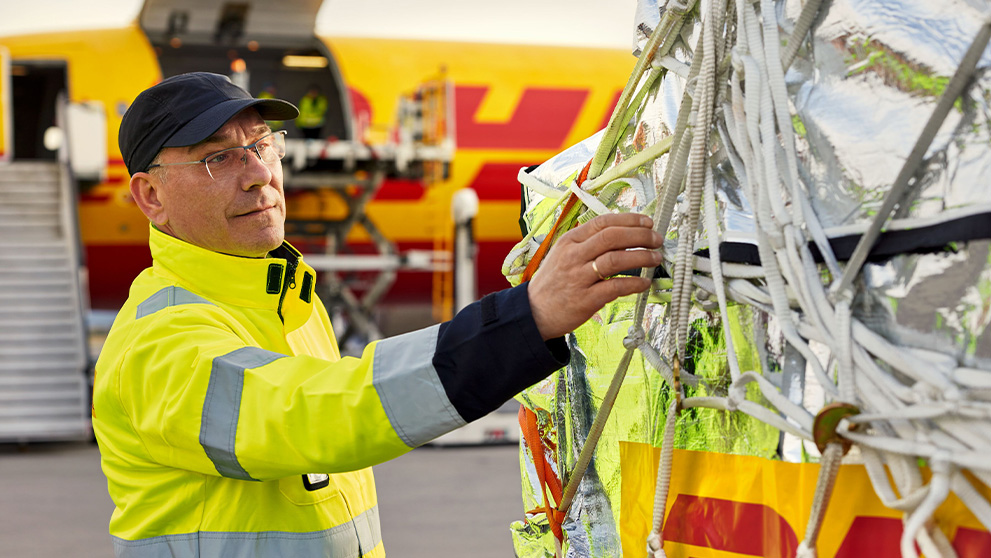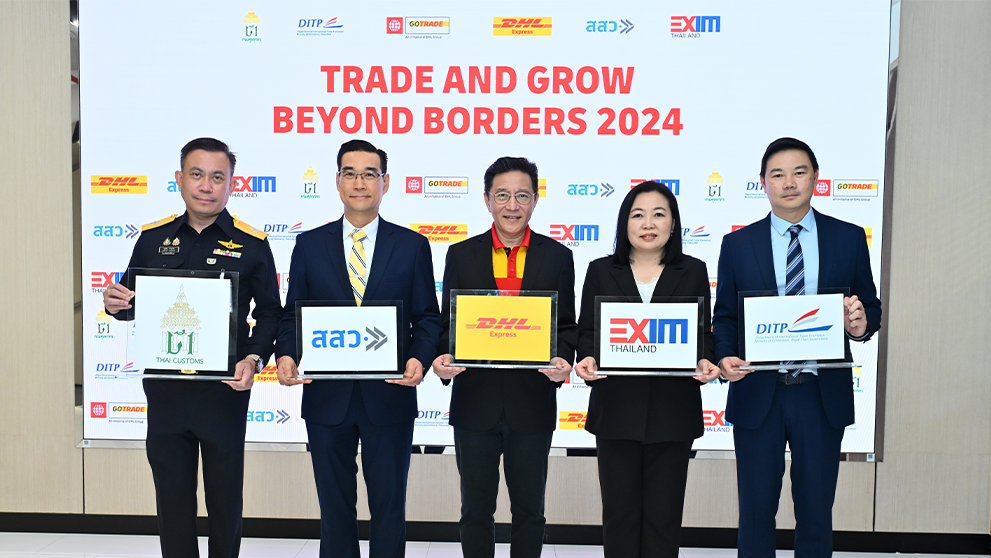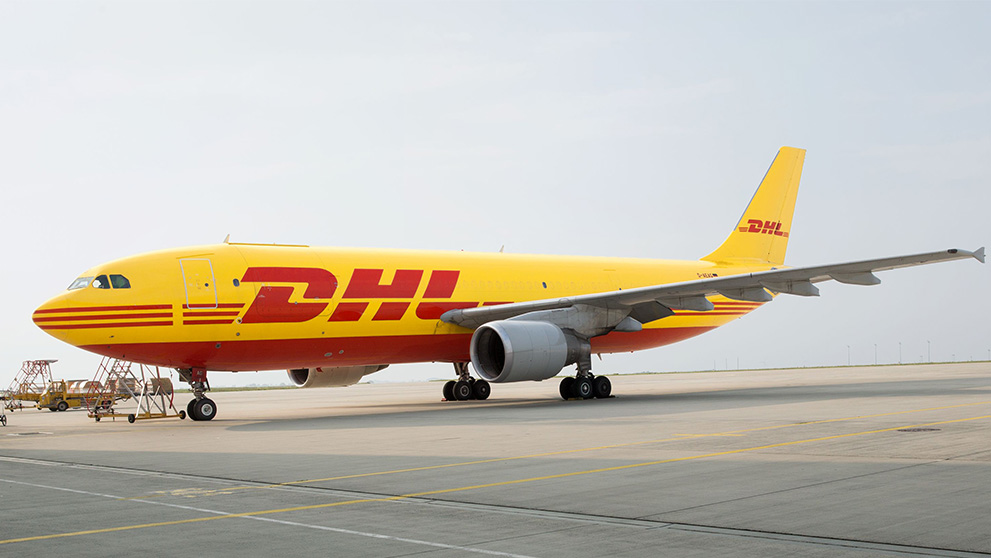• 16 electric vans to be deployed in Bangkok for first-and-last-mile deliveries
• By 2023, DHL Express will have 71 electric vehicles serving Thailand
• DHL Express is committed to electrify 60% of its fleet globally by 2030
Bangkok, 17 March 2023: DHL Express, the world’s leading international express service provider, has expanded its fleet of electric vehicles (EVs) in Thailand with an additional 16 electric vans for first-and-last-mile deliveries. This is on top of the 50 electric motorbikes that are currently serving customers. The expansion marks the company as the first logistics provider in the country to transition to a commercial EV fleet.
These electric vans are deployed to deliver shipments in early March, serving Bangkok’s Sathorn, Silom, Pathumwan, Rama III, Rama IV, Sukhumvit Road and New Petchaburi Road. DHL Express will further add five vans at a later phase to cover routes in Thailand’s eastern cities to bring the total number of its EV fleet to 71 by 2023. The company plans to electrify 60% of vehicles in Thailand by 2030.
Herbert Vongpusanachai, Managing Director, DHL Express Thailand and Head of Indochina, said, “Sustainability is not a trend but a mission that we’re prioritizing and aiming to achieve through our solid action plan. As a global leader in the logistics industry, we must influence the industry to minimize carbon footprint across logistics operations. We are on the way to achieving net-zero emissions by 2050 with a focus on green logistics. By transitioning to EVs, DHL Express Thailand is set to reduce a total of 436 tonnes of CO2 emissions yearly. This new batch of EVs is a milestone in our journey toward sustainable logistics and an inclusive future for all.”
The new electric vans require eight hours to be fully charged for a travel distance up to 260 kilometers, carrying up to 3.9 cubic meters or 1.6 tons of load. Each EV is expected to run 3,000 kilometers per month. Anti-braking system (ABS), automatic lock, sensor alarm and electronic brakeforce distribution (EBD) are among the standard features that ensure the safety of couriers.
The slam lock is a supplementary safety feature that automatically locks all doors when a courier shuts one of them, providing additional protection when leaving the vehicle for delivery. The telematics system installed in each vehicle captures data from front, interior, and rear cameras, allowing for real-time monitoring and safety alerts on the driver and the vehicle.
“This is another huge step in our decarbonization journey and a move forward to making green logistics and sustainability more meaningful,” added Siwawate Hongnakorn, Vice President of Operations, DHL Express Thailand. “At the end of this year, we will be able to electrify 29 percent of our last-mile delivery vehicles. We will continue our efforts as a pioneer in the market to reduce our carbon emissions for climate protection.”
With the deployment of electric vehicles, DHL will see a total reduction of 436 tonnes of CO2 emissions yearly. DHL has been developing its infrastructure to support EV deployment, including adding smart charging points at the service centers to cater to even more additional electric vans this year.
This initiative forms part of Deutsche Post DHL Group’s global target to electrify 60 percent of its last-mile delivery vehicles by 2030. Apart from fleet electrification, the Group’s strategy on clean operations for climate protection includes targeting more than 30 percent Sustainable Aviation Fuels blending by 2030, carbon neutral design for all new buildings and offering green products, such as the recently-launched GoGreen Plus service to help customers reduce GHG emissions.
In line with its Sustainability Roadmap, DPDHL Group will invest a total of EUR 7 billion until 2030 in CO2 reduction measures. This includes the expansion of its e-vehicle fleet. DHL Express plans to have more than 1,000 electric vehicles in Asia Pacific by 2024.
The expansion to electric vans is also aligned with the National 30@30 Policy, which aims to make 30% of vehicles in Thailand zero-emission vehicles (ZEV) by 2030, as Thailand commits to moving into a low-carbon society. The country also plans to become the manufacturing hub of electric vehicles and auto parts in ASEAN.
